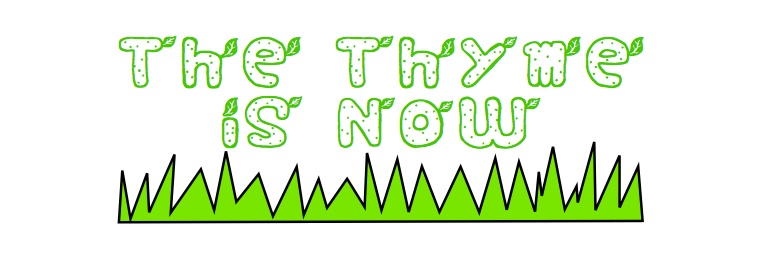Day Ten: Yom Yud
Don’s aunt Sonia is a relatively renowned energy healer, mystic, and UFO researcher in Israel. The first time I met her, she told me I looked like an alien. The comment caught me totally off guard, unsure if it was an insult of compliment. She took the family to her studio on the kibbutz for a group meditation session. We laid down on padded mats on the floor, and she guided us to deepen our breathing and relax our bodies. Though I didn’t understand all of her Hebrew, the guided meditation was familiar to me from the yoga classes I attend in Chicago.
At first, meditation is difficult because your mind is cluttered- you think about your foot itching, how you need to remember to clean your room, how the air conditioner is humming too loudly. But like anything, the more you practice, the easier it is for your mind to clear, and for you to sit in silence for extended periods of time without fidgeting. After about twenty minutes, I could hear loud snoring from two directions in the room, and Don chuckling to himself. I tried to ignore everything, breathe deeply, and remain still. Eventually Sonia’s voice broke the silence, and instructed us to slowly bring ourselves back to the present moment. We sat in a circle holding hands, and I could feel my fingers tingling from what Sonia called “energia”. She said it was the first time she worked with an entire family at the same time, and that she could feel our “ahava gedola”, the strong bond between us. I walked away from the session feeling totally refreshed, as if I had an entire night’s sleep.
That afternoon, Don’s cousin Sagi insisted on taking us over the windy mountain roads to his favorite pita stand in a nearby Druze village. The Druze are a secretive religious group which is an offshoot of Islam. They have their own culture and traditions, but still play an active part of Israeli society, and serve in the army. The Druze people are famous for their hospitality. The pita stand was a small cement booth with a shady patio and some plastic tables and chairs. An older woman was sitting in behind a giant convex metal grill, lighting the fire underneath it. We placed our orders, and plates of homemade pickles and olives were brought to the table.
The woman motioned to me to come over and watch how she made the pita. She pulled out a plastic container of dough, put it on a floured table, and got to work slapping it into a flat circle. She then lifted it into the air; twirling it on her elbows, and stretching it to three times it’s previous size. She acrobatically threw the paper-thin pita onto a circular pillow, flipped it onto the grill, and pulled it off with her bare hands. The whole process took under two minutes. The pita was smeared with labne, olive oil, and zataar, then rolled into a burrito shape and wrapped in paper. It was a delicious and filling snack. I wonder if it would catch on in the United States, you would just need to find some talented pita twirlers.
We drove back to Dovev, a moshav, or small farming community by Kibbutz Baram to meet Don’s aunt Ziva, and his grandmother. Don’s grandmother spoke no English, but she kept staring at me, making funny faces, and giggling. She told Don to “tie me up so I don’t get away”, and after an awkward pause, she elaborated, “I mean not with rope, with hugs”. They turned on the TV to watch Cochav Nolad, the Israeli version of American Idol, and I opted to go outside and play with their friendly dog.


No comments:
Post a Comment